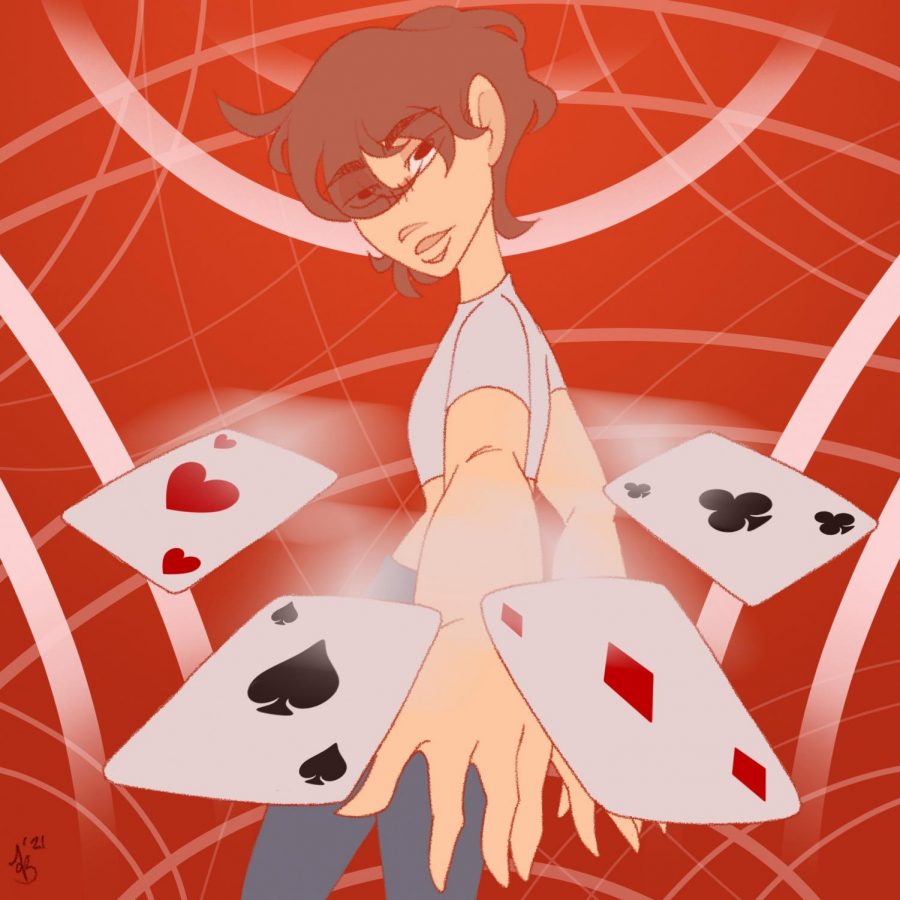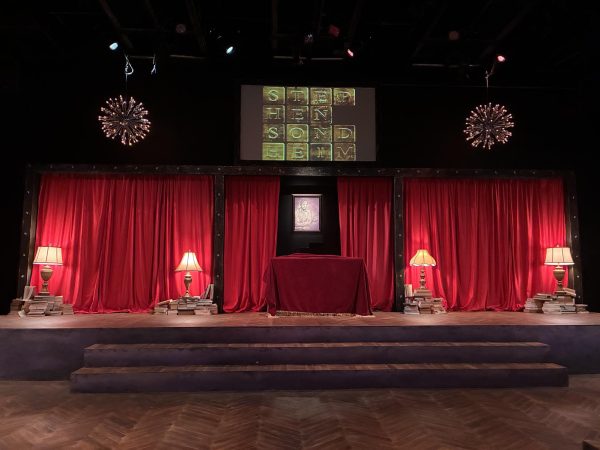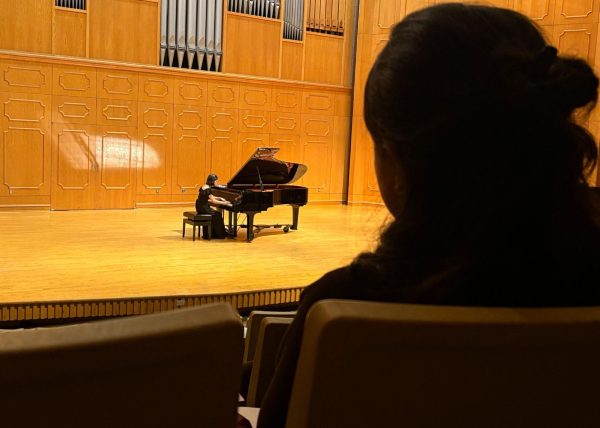“Alice in Borderland” is filled with the unexpected
Alice in Borderland is a series about a set of violent games the characters must win to survive using a deck of cards that depict each of their aptitudes.
It’s a rather familiar story: a young girl falls down a rabbit hole in search of a more extraordinary life. She meets characters who are “curiouser and curiouser;” such as a white rabbit who is always late, a mad hatter who is always ready for a good time and a rather bloodthirsty Queen of Hearts.
If this description conjures up Lewis Carroll’s novel, “Alice in Wonderland,” then you thought correctly. With its combination of British charm and trippiness, the novel laid the foundation for multiple stage, film and television adaptations.
Therefore, it stands to reason that Hara Aso would adapt this well-known tale into a manga (and television series) format. “Alice in Borderland” tells the story of Arisu, who is the Alice figure in this twisted tale.
Arisu grows tired of living his monotonous life gaming and being bothered by his family about getting a job and generally making something of himself. His only escape is through playing games and getting into mischief with his friends, Chota and Karube.
During some of their escapades, the friends find themselves escaping from the police. While they are hiding, they shift realities and are transported into an alternate version of their current world.
After they engage in some locker room banter, the friends spot a marquee that describes the games that are about to begin. The games’ difficulty levels are indicated by different suits of cards. Winning the games ultimately results in survival.
This is where the Squid Game comparisons are drawn. Both series’ share similar plot points, in that they both depict a series of potentially hazardous games. However, both series’ hint at a much deeper theme: economic inequality.
It is very much shown that each character in both series’ have ulterior motives related to money or potentially improving their familial relationships. Issues of economic inequality have been spotlighted due to the loss of livelihoods caused by the pandemic.
Arisu, in particular, fits the stereotype of a hikikomori (which translates to hermit). He is shown to have a comfortably middle-class family, but he chooses to isolate himself from the outside world. His father is particularly onto him with regards to making something of himself.
The games offer Arisu and his friends a rather inadvertent opportunity to do just that.
The series is incredibly well-written and I look forward to seeing how the writers expand upon the story and continue to improve it. I hope that season two will continue to provide twists and turns similar to what audiences have seen in season one.

Stephani Bradley is a senior fine and graphic arts major with minors in film, creative writing and English. This will be her final semester working for...



























